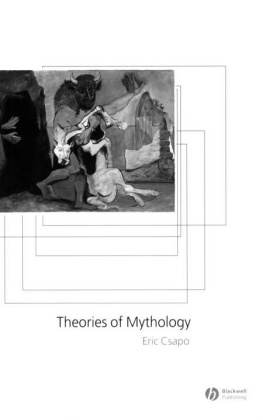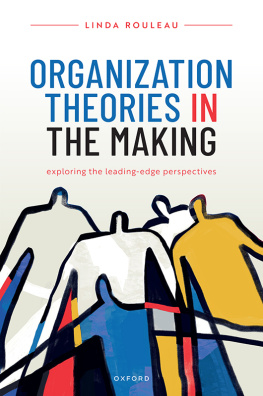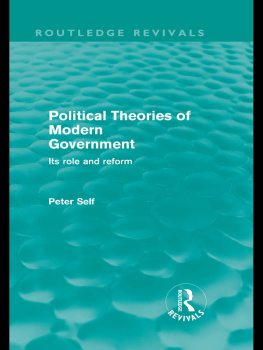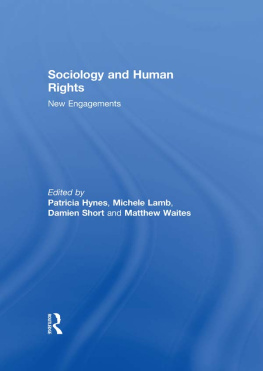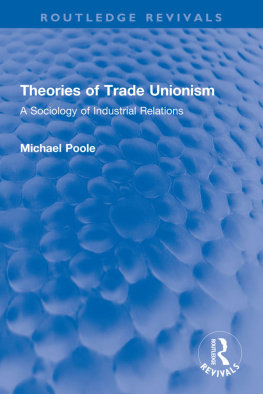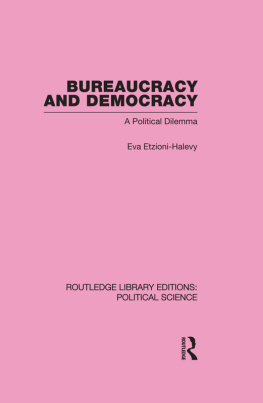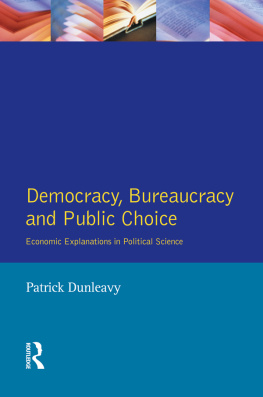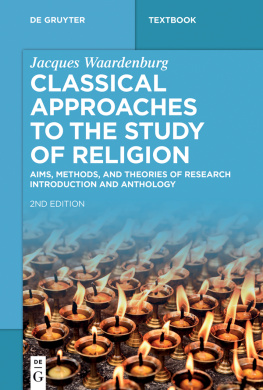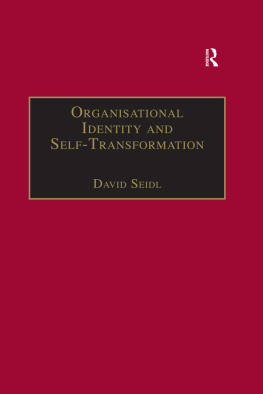The International Library of Sociology
ORGANIZATION AND BUREAUCRACY
Founded by KARL MANNHEIM
The International Library of Sociology
THE SOCIOLOGY OF WORK AND ORGANIZATION
In 18 Volumes
| I | Apprenticeship | Liepmann |
| II | Industrial Disputes | Eldridge |
| III | Industrial Injuries Insurance | Young |
| IV | The Journey to Work | Liepmann |
| V | The Lorry Driver | Hollowell |
| VI | Military Organization and Society | Andrzejewski |
| VII | Mobility in the Labour Market | Jeffreys |
| VIII | Organization and Bureaucracy | Mouzelis |
| IX | Planned Organizational Change | Jones |
| X | Private Corporations and their Control Part One | Levy |
| XI | Private Corporations and their Control Part Two | Levy |
| XII | The Qualifying Associations | Millerson |
| XIII | Recruitment to Skilled Trades | Williams |
| XIV | Retail Trade Associations | Levy |
| XV | The Shops of Britain | Levy |
| XVI | Technological Growth and Social Change | Hetzler |
| XVII | Work and Leisure | Anderson |
| XVIII | Workers, Unions and the State | Wootton |
ORGANIZATION AND BUREAUCRACY
An Analysis of Modern Theories
by
Nicos P. Mouzelis
First published in 1967 by
Routledge
Reprinted in 1998, 2000 by
Routledge
2 Park Square, Milton Park, Abingdon, Oxon, OX14 4RN
Transferred to Digital Printing 2007
Routledge is an imprint of the Taylor & Francis Group
1967 Nicos P. Mouzelis
All rights reserved. No part of this book may be reprinted or reproduced or utilized in any form or by any electronic, mechanical, or other means, now known or hereafter invented, including photocopying and recording, or in any information storage or retrieval system, without permission in writing from the publishers.
The publishers have made every effort to contact authors/copyright holders of the works reprinted in The International Library of Sociology. This has not been possible in every case, however, and we would welcome correspondence from those individuals/companies we have been unable to trace.
British Library Cataloguing in Publication Data
A CIP catalogue record for this book is available from the British Library
Organization and Bureaucracy
ISBN 0-415-17682-4
The Sociology of Work and Organization: 18 Volumes
ISBN 0-415-17829-0
The International Library of Sociology: 274 Volumes
ISBN 0-415-17838-X
Publisher's Note
The publisher has gone to great lengths to ensure the quality of this reprint but points out that some imperfections in the original may be apparent
To the memory of
GEORGE MOUZELIS
Contents
Acknowledgements
This book was originally written as a Ph.D thesis at the London School of Economics. I must first of all express my gratitude to my supervisor Professor D. G. MacRae and to Professor J. H. Smith for all the encouragement and the valuable help they gave me. I want to thank as well Professor W. J. H. Sprott who had the kindness to read the whole manuscript and to make many valuable suggestions. I am also indebted to my colleagues at the University of Leicester, in particular Professor N. Elias, Professor I. Neustadt and E. G. Dunning. The many discussions I had with them helped greatly, especially in the formulation of the last chapter. I am especially obliged to Mrs. R. Bridger for her patient help in correcting the final draft. Finally, my acknowledgements would be incomplete if I did not record the personal debt I owe to Jil McMullen. She helped me in more than one way to carry through this work.
Introduction
It has become a commonplace to emphasise the proliferation of large-scale organisations in modern society. This emphasis is not unjustified. As Etzioni puts it, we are born in organisations, educated by organisations, and most of us spend much of our lives working for organizations.1 Our society has been called bureaucratic or organisational2 as, in fact, there are very few crucial problems today which do not pertain more or less directly to its organisational features.
The volume of the literature on this subject and its rate of increase is as impressive as the magnitude of the phenomena which it tries to analyse and explain.3 Moreover it is not only the sheer volume of studies which is enormous and bewildering but also the multiplicity of points of view from which organisational phenomena have been examined. Contributions to the theory of organisations have come from many sides: psychology, social psychology, sociology, political science, economics, business administration, and so on. Indeed a major characteristic of the literature is the variety of theoretical angles from which organisations are studied. This being the case, the novice in this field has great difficulty to make sense of, or to see some order and connection between studies ranging from the analysis of the bureaucratisation process in western societies to the examination of individual motivation or decisionmaking in industrial contexts. The present study tries to provide some guidance which may help students to orient themselves with greater ease in the labyrinth of organisational writings. More specifically, it tries to identify and examine critically some of the major approaches to the study of organisations, and the ways in which such approaches are linked with each other.
Thus, on a very general level, two main lines of thought will be propounded.
The first, which is examined in ). These subsequent theories, by limiting their scope, have tried to treat in a more rigorous and empirical manner some of the problems examined by the classical theorists.
The second part of this study examines the other major tradition of organisational writings which starts with Taylor and the movement of scientific management. Here the focus of analysis is not society as a whole but the individual worker, seen as an isolated unit whose activities must be rationalised in the interests of maximum productivity () focus their attention on the impact of an organisation's structure on various aspects of individual behaviour.
Finally in the third part an analysis is made of recent theoretical trends which indicate a certain convergence of the bureaucracy and the managerial line of thought.
In dealing with these three major theoretical orientations and their interconnections, the main purpose is not to present an exhaustive review of the literature or a compilation of the findings which pertain to each one of them. Rather, more emphasis is put on their underlying conceptual framework and on the theoretical problems which they raise. So, in this study, the term theory will not so much have the meaning of a set of interconnected hypotheses about specific organisational problems (which can be validated or rejected by empirical research). It will refer to those conceptualisations which map out the problem area and thus prepare the ground for its empirical investigation.4 In this sense theory constitutes a more or less useful guide which tells the researcher how to look at organisational reality and what to look for. More precisely, it provides conceptual tools which indicate the level of analysis, the variables to be taken into consideration and the ways in which these variables may be accounted for in a systematic manner.


